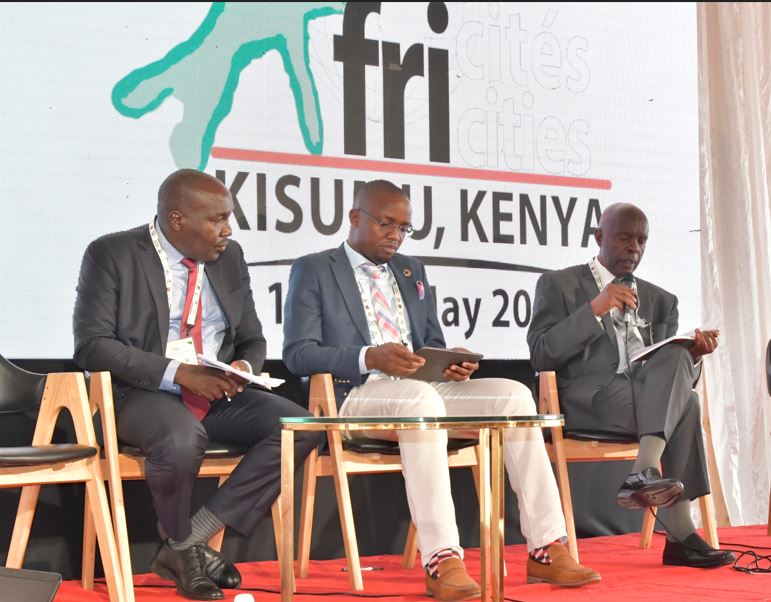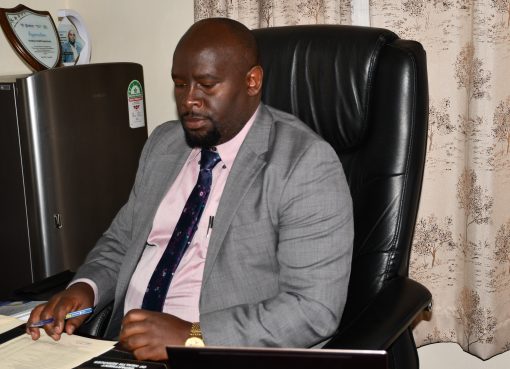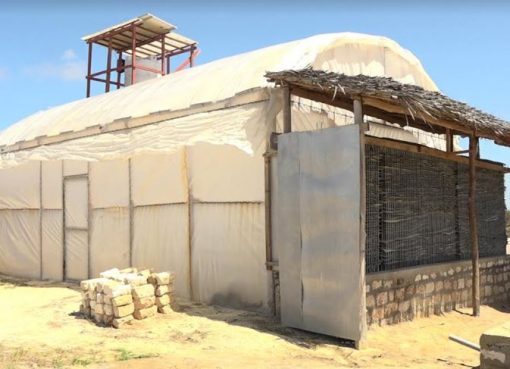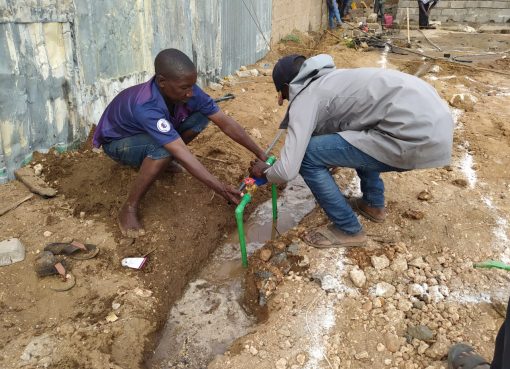Many national government projects across the country have been achieved due to increased public participation level in public affairs among Kenyans.
Devolution PS Julius Korir said involving citizens at the grassroots in public projects has had positive implications with the success rate of the State sponsored projects growing exponentially.
Korir was speaking on Thursday during a breakout session at the ongoing 9th Africities summit in Kisumu which brought together delegates from over 110 nations globally.
The session sought to highlight the role of public participation in promoting national unity on the basis of Kenya’s decade devolution experience.
Public participation, he added, is a tool used by the government to help in planning and prioritizing the allocation of resources to benefit a larger population.
“According to us as senior government officers, we would think that allocating the money in a certain programme would solve the problems but the citizens would see it in a different way and that is why we need to involve them,” he explained.
In addition, the PS said that the public involvement process plays a key role in building trust and confidence between the government and the people.
This, he said, creates an enabling environment to roll out landmark projects since the citizens feel they were involved in the process.
Makueni Governor Kivutha Kibwana speaking at the same session said sovereign power belongs to citizens, hence, they must take a central position in running the government.
Kibwana articulated a revolutionary model of public participation in his County that saw the inception of Project Management Committees (PMCs) elected by community members.
In this novel idea, a six-tier process of engaging the people of Makueni in county decision-making and planning processes.
“To involve everybody in the county we came up with a system of public participation for residents to take part in decision making on projects they want to be implemented at their village, ward, sub-county and county level,” said Prof. Kibwana.
According to the model framework, at the top is County Forum comprising 1,000 people drawn from all the sub-wards, organized groups and government officials. The Governor and his deputy co-chair the forum. Below it, there are six Sub-County Peoples Forum comprising 53 to 97 people.
Slightly below them are 30 Ward Peoples Forum comprising between 72 and 92 people each totaling about 2,160 and 2,760 people.
Below them are the Sub-Ward Peoples Forum, 60 of them and each comprising between 53 and 75 people. The second last forum under this model is the 315 Village Clusters Peoples Forum with 143 participants each drawn from clusters of 13 villages, making it a total of 40,045 residents.
The lowest level forum in the scheme is the 3,345 Village Peoples Forum, each comprising at least 100 people from every village.
By Robert Ojwang’





